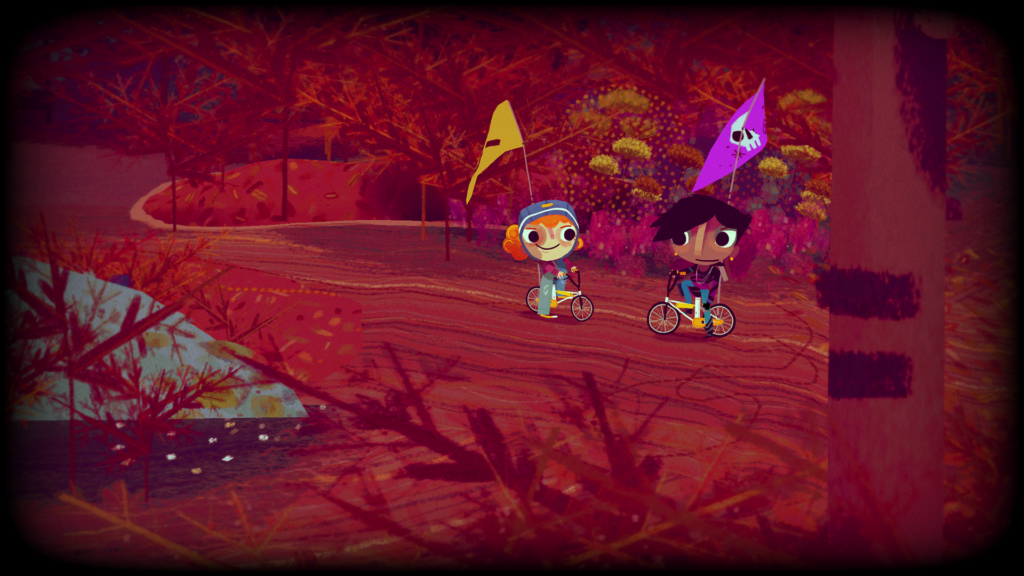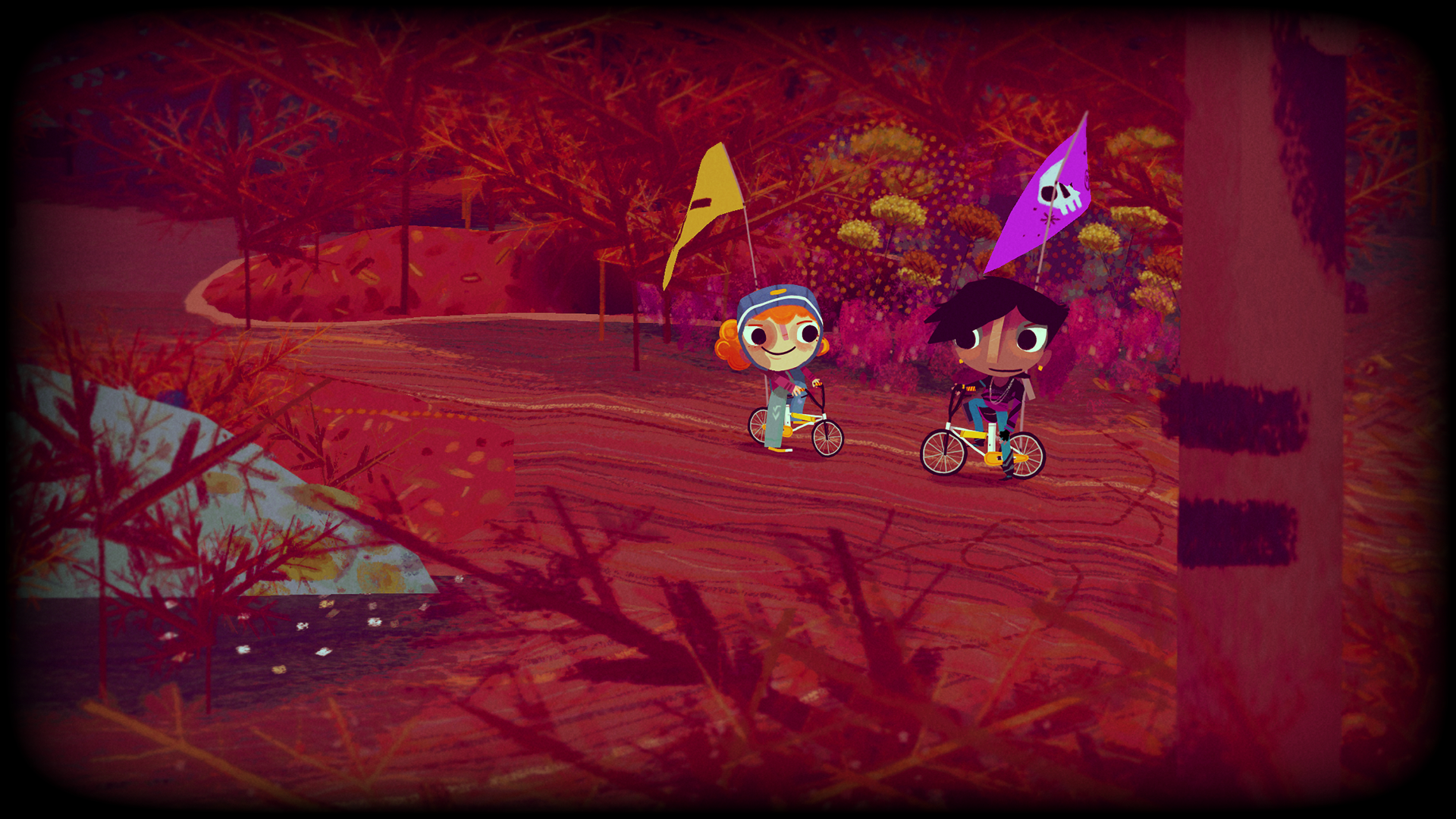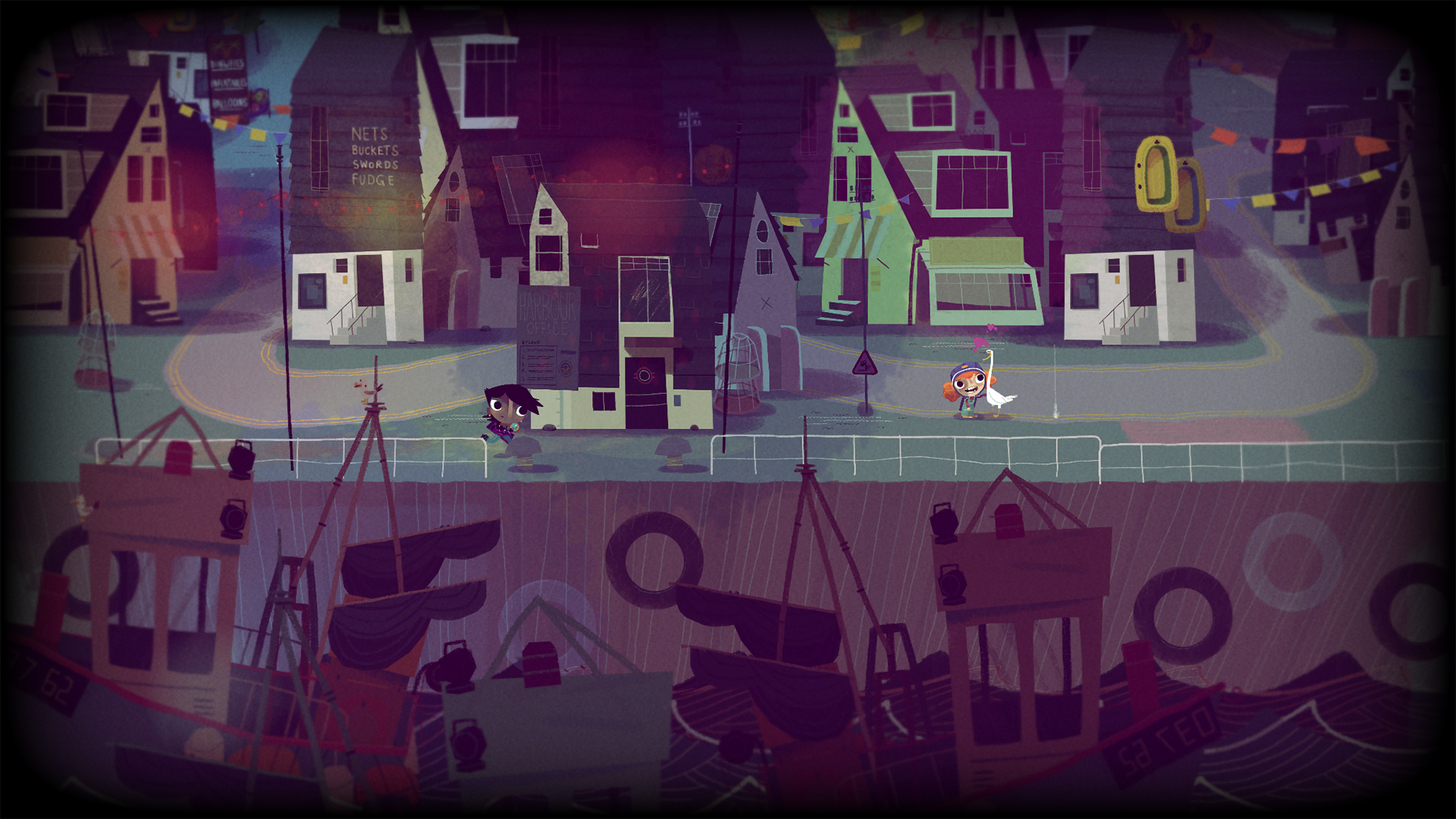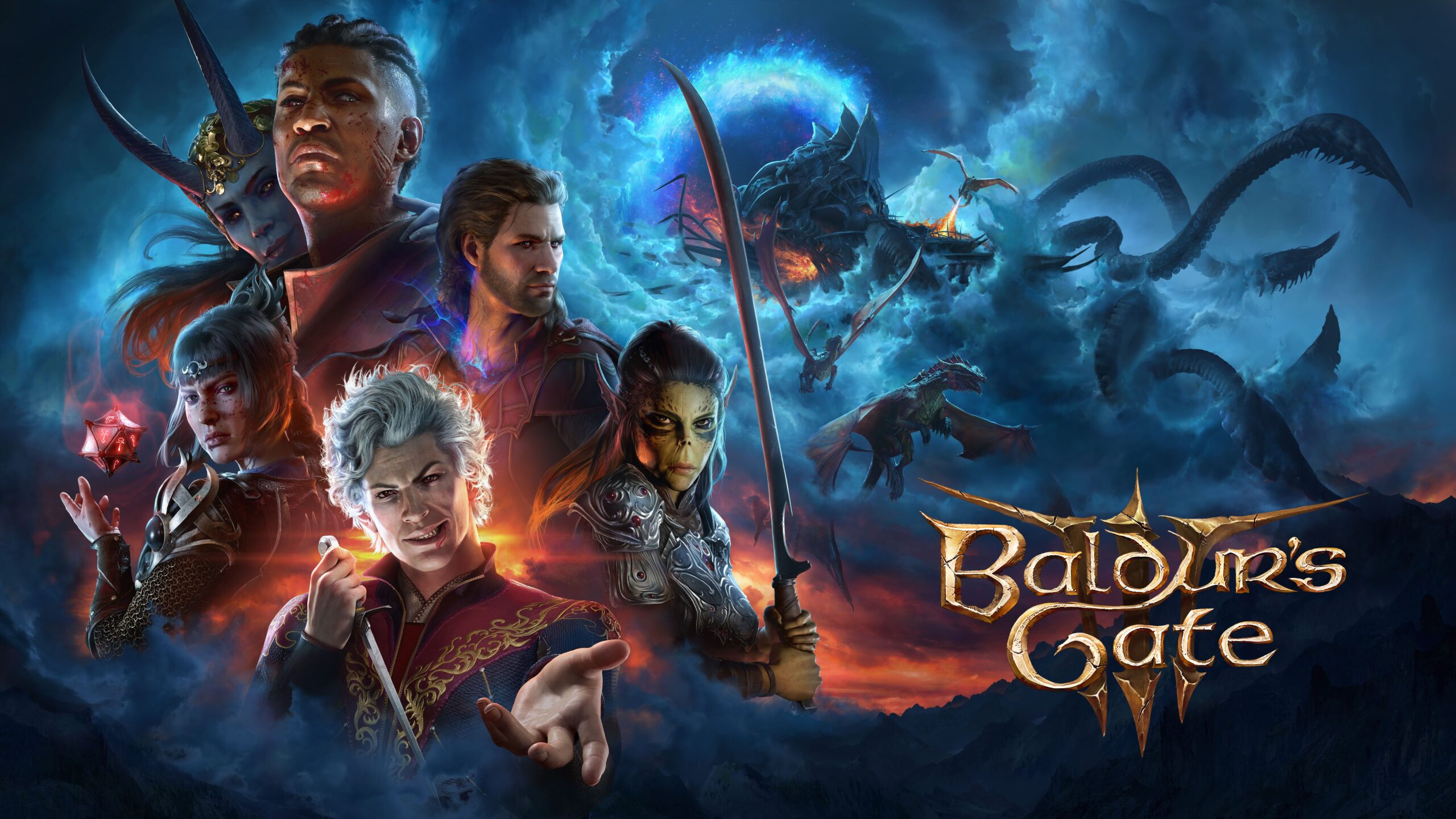
Knights and Bikes: The Many Sides of Childhood
A highlight of childhood was the ways in which limitless imagination and adventure could change the mundane to the magical. My friends and I would build castles out of cardboard boxes and imagine secret worlds, confident in the knowledge that any door could be a magic portal if we only opened it correctly. We’d wander around each other’s houses, looking for spots on the walls that could mark secret passages. We’d imagine a universe where ghosts and monsters were lurking around every corner, and when we saw footsteps in the grass, we were certain they belonged to a magical creature, stomping recklessly through our own backyards.
That’s the aspect of childhood that Knights and Bikes captures best– the ways in which we could take any object and create a whole world around it. Everything was so much bigger than us, and the only limits were our imaginations. The game is set on Demelza’s home island of Penfurzy, a small tourist island that’s shut down for the season. You play as Demelza and Nessa (or better yet, as one of the two in co-op mode), two new friends who meet when Nessa arrives on the island as a stowaway.

You race around on your bicycles with Demelza’s pet goose Honkers in tow, searching for the island’s treasure. As you ride down empty roads, the autumn leaves red at your back, you explore a world where objects become monsters, brought to life by the island’s curse. As the days pass, you find yourself racing through a closed down theme park, exploring the town center, climbing up a mountain, and navigating through the depths of a cave.
You encounter new monsters as you explore the island, but the dangers you face often feel strangely safe. Monsters lob attacks at you, but if a character gets hurt, you can just heal each other with a high five. The game revels in its playfulness, and you fight these monsters with weapons that Demelza and Nessa find around the island: frisbees, water balloons, and a toilet plunger, just to name a few.

While the game focuses on the joy of childhood, it doesn’t shy away from complexity for the sake of creating a false sense of nostalgia. In an honest depiction of childhood queerness, Nessa develops a love-at-first-sight crush on an older girl. The casualness of the moment captures the childhood experience of seeing someone cool or beautiful or just intriguing and feeling immediate infatuation. Afterward, you go right back to exploring the island, and the moment feels as real as memory.
In another expression of the complexity of childhood, undercurrents of loss, grief, and loneliness run through the story. Demelza’s mother has recently died, and her father is deciding whether to sell their home, while Nessa shows up on the island alone as a stowaway. Small moments of reflection in the story mirror the moments in childhood when you opened up to your closest friends. These moments never feel overwhelming and out of place, but instead compliment the grief and loss that underscore the game.
Knights and Bikes captures the infinite possibility of childhood without falling into the trap of false nostalgia. The playfulness and poignancy compliment each other to tell an honest story of childhood where the emotional weight feels balanced. While there are moments in the game that will strike you hard in the gut, the rest of the time, you’re just two best friends on an adventure, having fun and searching for treasure. The only limit is your imagination.





